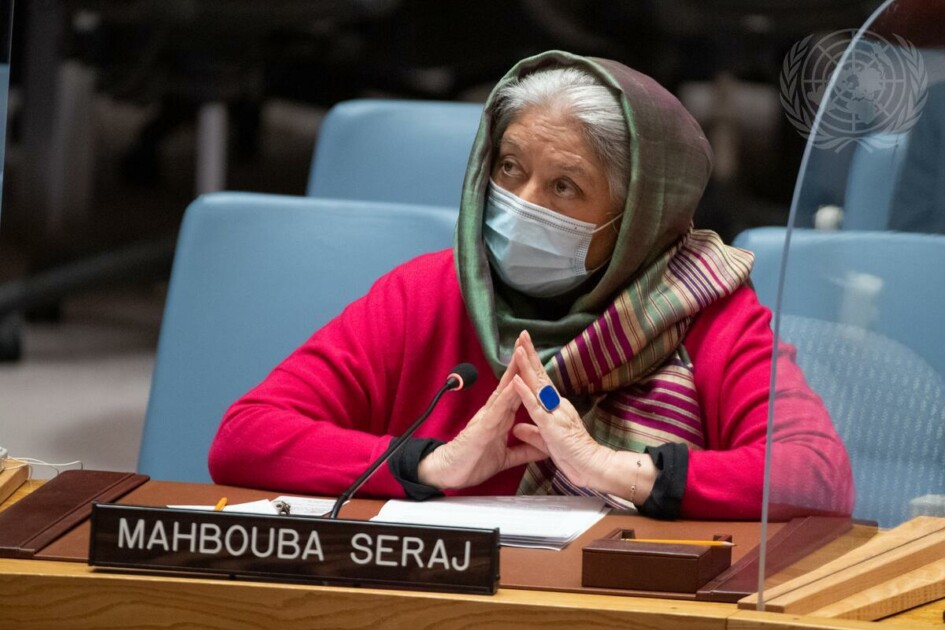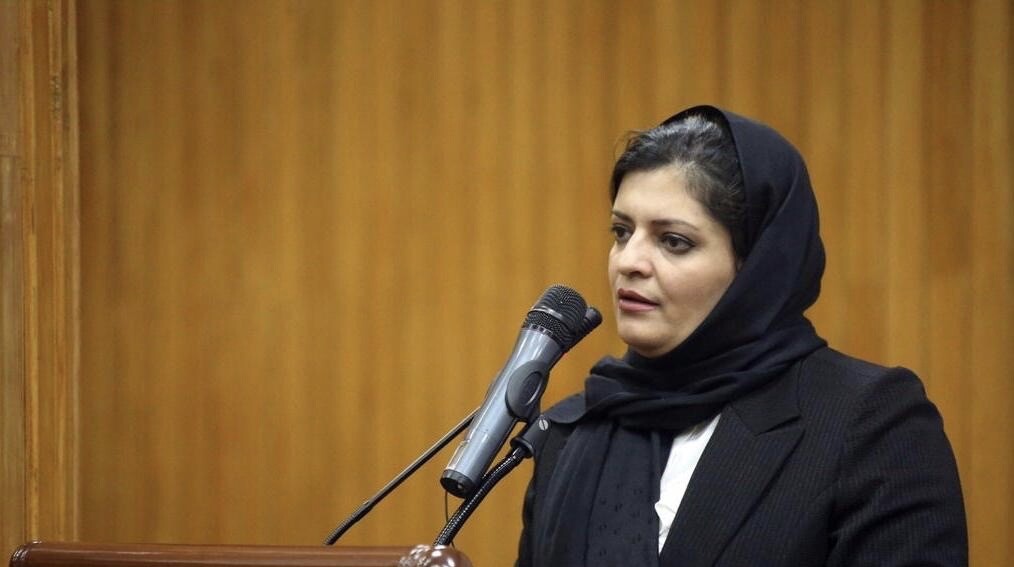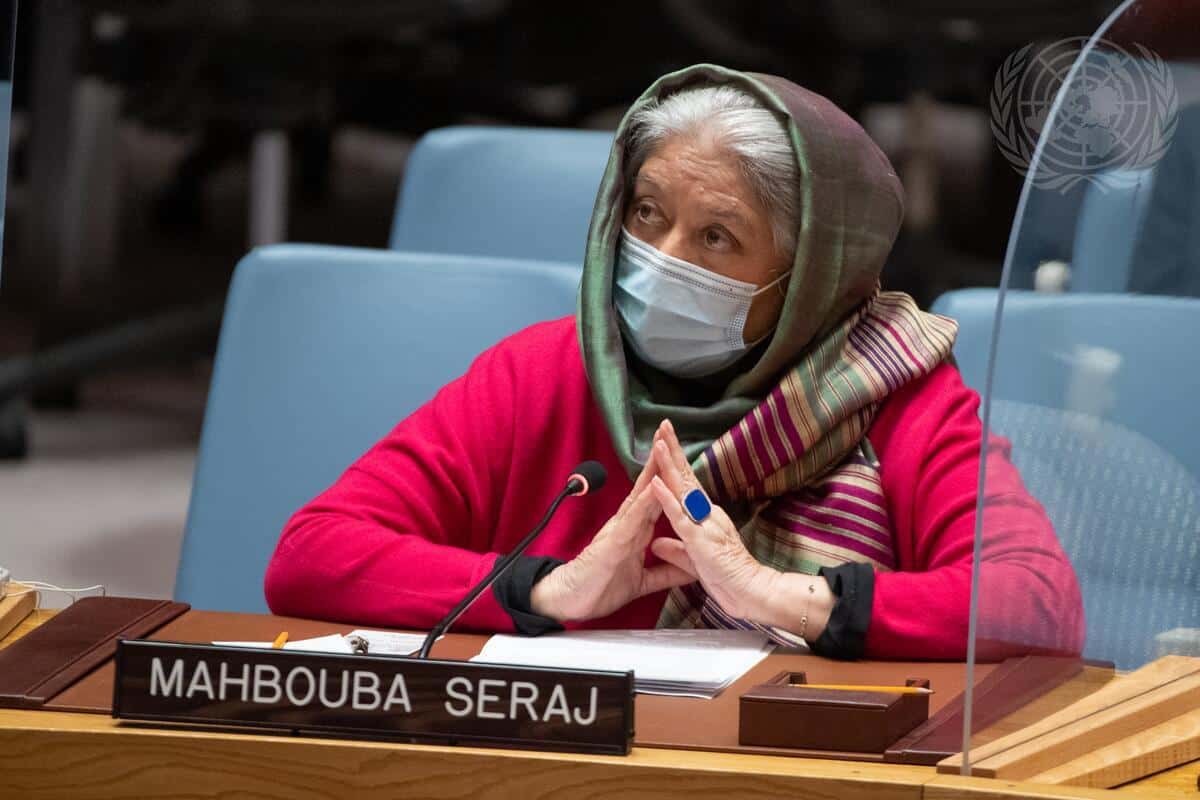Afghanistan
Afghanistan
Afghanistan has been engulfed in violent armed conflict since the fall of the Taliban regime in 2001, and efforts to build sustainable peace while preventing the re-establishment of extremist rule depend on the inclusion of women.
Living in the most dangerous place in the world to be a woman, as the Thomas Reuters Foundation revealed in 2011, Afghani women have emerged as leaders in the peace process— advocating constantly for more inclusive government, and inspiring marginalized groups nationwide to demand a place in the political system. Despite the important role that Afghani women play in bringing about social change in Afghanistan, many barriers to their involvement still exist.
Based on the work of NGOWG members and their partners, the NGOWG advocates for eliminating these barriers by encouraging UNAMA to support the Afghan government in fully implementing the National Action Plan on Women, Peace and Security (NAP), and ensuring women’s full and equal participation in regularly held elections.
Current and Past Recommendations to the UN Security Council (Monthly Action Points)
As the Security Council discusses the UN Assistance Mission in Afghanistan (UNAMA), it is critical that gender equality and women’s rights are prioritized, and the Council proactively responds to threats to undermine these critical elements of sustainable peace. In this context, the press statement adopted by the Security Council on 24 May in response to the recent directive on women’s rights issued by the Taliban is a positive example of employing one of its tools to unite to condemn concerning developments and call for reversal of harmful policies; in the future, the Security Council should continue to respond swiftly to any violations of women’s rights in order to send a clear political message that such actions will not be tolerated. In the forthcoming meeting:
- Senior UN leadership and Security Council members should state their unequivocal support for the protection and promotion of the full range of women’s human rights in accordance with international human rights law; swiftly and publicly condemn the adoption of regressive policies that undermine those rights whenever they occur; and express unwavering solidarity and support for the work of human rights defenders, peacebuilders, journalists, and civil society representatives, and hold perpetrators accountable.
- Senior UN leadership and Security Council members must call for all parties, including the Taliban and other armed groups, to respect international human rights and humanitarian law and immediately end the continued targeting, threats, and killings of human rights defenders, peacebuilders, journalists, all civil society representatives, as well as individuals affiliated with the previous government, including prosecutors and judges, former military and police and other security sector, and civil servants.
- Senior UN leadership should provide a clear and factual assessment of the operationalization of UNAMA’s mandate that reflects the realities on the ground and the outcomes of consultations with women’s civil society representatives, as well as any challenges to fully carrying out its mandate, including to protect and promote women’s human rights and advance an inclusive political process.
- Senior UN leadership should ground their briefings in gender-sensitive conflict analysis by providing details on the current situation for women and girls, including women and girls with disabilities, displaced women, women from ethnic minorities, and women of diverse sexual orientations and gender identities, in order to highlight the gender dimensions of challenges in access to essential services such as housing and sexual and reproductive health care; access to humanitarian assistance; actively participating and leading in peace, political, and humanitarian response efforts; and the effects of climate change, ongoing COVID-19 pandemic, and economic crisis.
Relevant Resources










